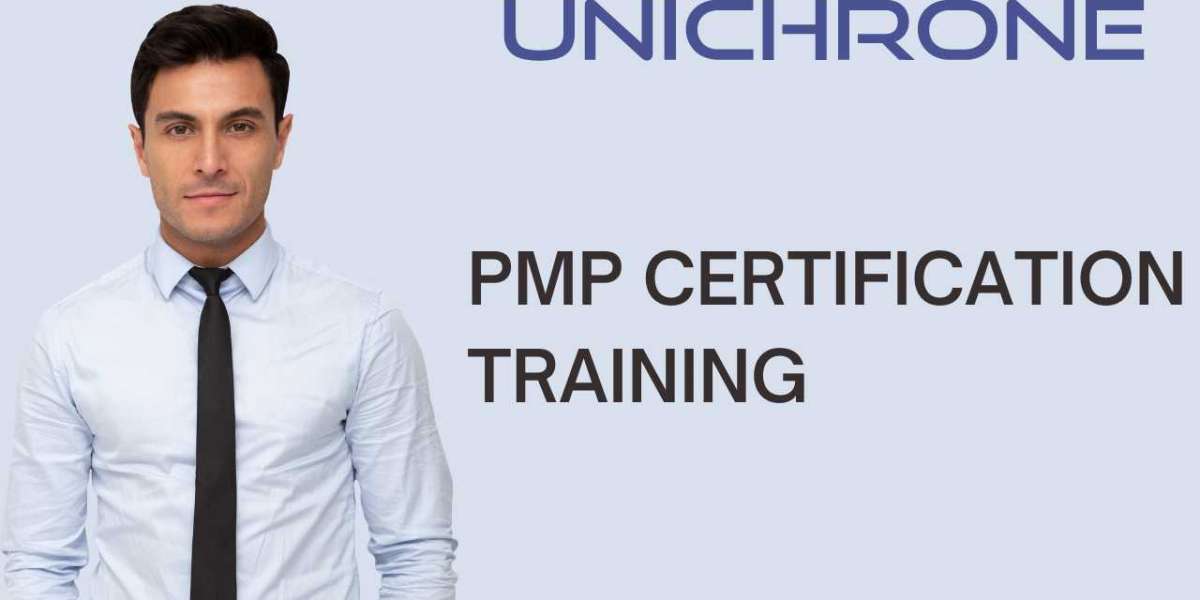What is PMP Certification?
Project Management Professional (PMP) certification is a globally recognized credential for project managers offered by the Project Management Institute (PMI). PMP certification validates a project manager's knowledge, skills, and experience in project management, and demonstrates their ability to lead and direct projects effectively.
PMP certification is not easy to obtain, and it requires passing a rigorous exam. However, the benefits of PMP certification can be significant for project managers.
Benefits of PMP Certification Training
Advancing Your Career
PMP certification can help you advance your career in project management. It is a recognized standard for project management professionals, and having this certification can set you apart from others in the field. PMP certification is often required for senior project management positions in organizations.
Increased Earning Potential
PMP certification can also lead to increased earning potential. According to the PMI's Project Management Salary Survey, project managers with PMP certification earn 25% more on average than those without certification. This means that obtaining PMP certification can pay off in the long run.
Global Recognition
PMP certification is globally recognized and respected. It demonstrates that you have a strong understanding of project management principles and practices, and that you are committed to your profession. This can be beneficial if you work in an international organization or if you are seeking job opportunities abroad.
Improved Project Management Skills
PMP certification training covers a wide range of project management topics, including project scope, time, cost, quality, risk, communication, and stakeholder management. This training can improve your project management skills and help you become a better project manager.
Networking Opportunities
PMP certification training can also provide networking opportunities. You can meet other project management professionals who are also seeking certification or who have already obtained certification. This can be beneficial for sharing knowledge and best practices, and for building your professional network.
PMP Certification Exam
Exam Format
The PMP certification exam is a computer-based test that consists of 200 multiple-choice questions. The exam is four hours long, and it covers project management topics such as project scope, time, cost, quality, risk, communication, and stakeholder management. The exam is designed to test your knowledge, skills, and experience in project management.
Eligibility Requirements
To be eligible for PMP certification, you must have a secondary degree (high school diploma, associate's degree, or equivalent) and at least five years of project management experience, with 7,500 hours leading and directing projects, and 35 hours of project management education. Alternatively, if you have a four-year degree (bachelor's degree or equivalent), you need to have at least three years of project management experience, with 4,500 hours leading and directing projects, and 35 hours of project management education.
PMP Certification Training Options
There are several options for PMP certification training, depending on your learning style and preferences.
Classroom Training
Classroom training is the traditional form of PMP certification training. It involves attending in-person classes led by a certified PMP instructor. Classroom training can be beneficial for those who prefer an interactive and structured learning environment.
Online Training
Online training is a flexible and convenient option for PMP certification training. It involves accessing online training materials, such as video lectures and practice exams, at your own pace. Online training can be beneficial for those who prefer a self-paced learning environment and have busy schedules.
Self-Study
Self-study is an option for those who prefer to study independently. It involves using PMP certification study materials, such as books, practice exams, and online resources, to prepare for the exam. Self-study can be a cost-effective option for those on a budget, but it requires a lot of self-discipline and motivation.
Conclusion
PMP certification training can be a valuable investment for project managers. It can lead to career advancement, increased earning potential, global recognition, improved project management skills, and networking opportunities. However, obtaining PMP certification requires passing a rigorous exam, and it's important to choose the right training option that suits your learning style and preferences.
If you're considering PMP certification, take some time to research and explore the different training options available. With the right training and preparation, you can maximize your earning potential and take your project management career to the next level.








